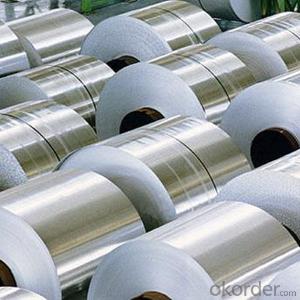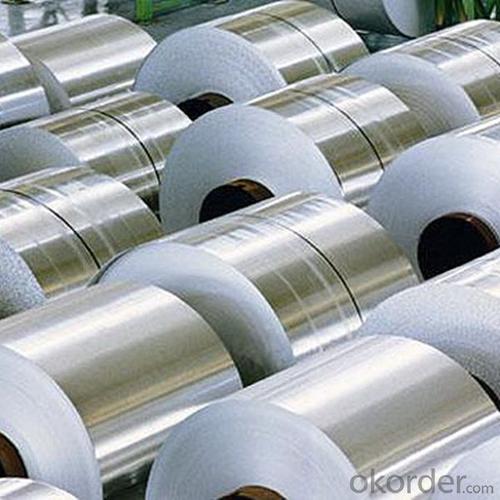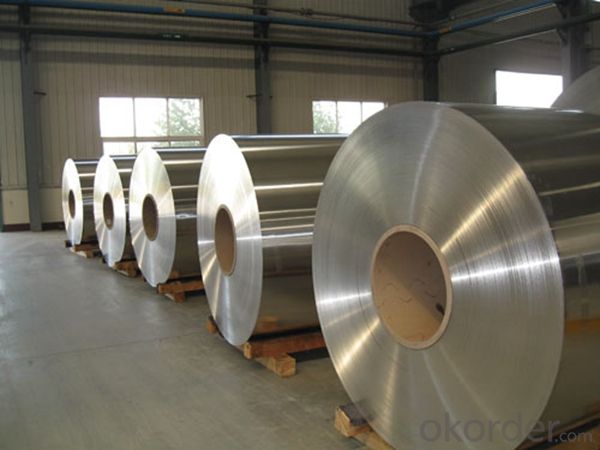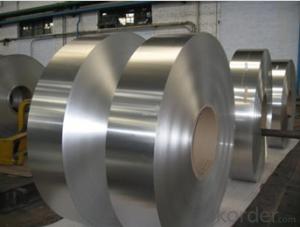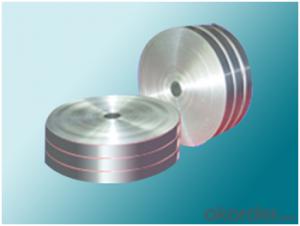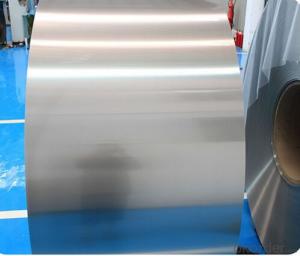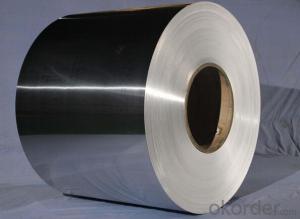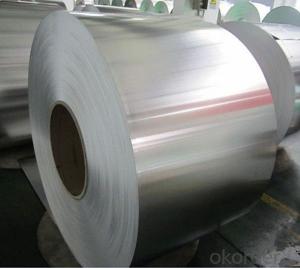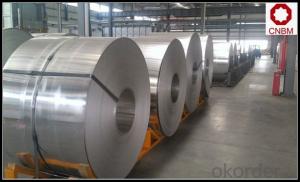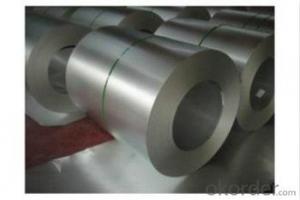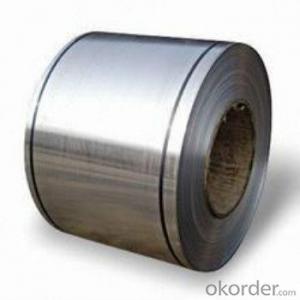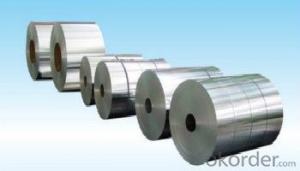Berger Aluminum Coil AA3003 H12 Mill Finished Aluminum Coil Factory Direct Supply
- Loading Port:
- Shanghai
- Payment Terms:
- TT OR LC
- Min Order Qty:
- 5 m.t.
- Supply Capability:
- 10000 m.t./month
OKorder Service Pledge
OKorder Financial Service
You Might Also Like
Specification
1. Specification of AA3003 H12 Mill Finished Aluminum Coil Factory Direct Supply
Material | Alloy Aluminum 6063,6061,6005 or customer nominated |
Temper | T3, T4, T5, T6 |
Surface | Anodize, electrophoresis, powder coating, PVDF coating, wood grain painting, matted, etc. |
Colour | Any colour based on Standard Germany RAL Mark |
Length | Coating 6.5 meters, Anodizing 6.5 meters, Mill finish 5 meters |
Press Machine | 500-4000 tons all together 64 press lines. |
Fabrication | 1. Windows and doors; 2. Drilling; 3. Bending; 4. Cutting; 5. etc. |
Certificate | ISO 9001 |
Moulding | 1. Using our moulds, no fee; |
2. Using customer drawing, opening mould, usually about 10~50 tons then the moulding can be refunded. | |
3. Mould cost is negotiable base on the order quantity | |
Capability | Annual output 100,000 tons |
2. Application of AA3003 H12 Mill Finished Aluminum Coil Factory Direct Supply
(1).Interior: wall cladding, ceilings, bathrooms, kitchens and balconies, shutters, doors...
(2).Exterior: wall cladding, facades, roofing, canopies, tunnels,column covers , renovations...
(3).Advertisement: display platforms, signboards, fascia, shop fronts...
3. Feature of AA3003 H12 Mill Finished Aluminum Coil Factory Direct Supply
*Such coil is specially designed to replace aluminum ingot, due to the high export tax of aluminum ingot, the coil has better price than ingot.
*This type of coil can fit customer's remelting furnace just like ingot, no need to make any change to the production line that was previously used for ingot. The standard coil size and weight is very suitable for the feed gate of furnace.
*This type of coil causes less material wastage than ingot when remelted.
*Our coil is made directly from ore, no need to go though the ingot making process, quality is much better than other suppliers who use ingot scrap to make coil.
Be free from Oil Stain, Dent, Inclusion, Scratches, Stain, Oxide Dicoloration, Breaks, Corrosion, Roll Marks, Dirt Streaks and other defect which will interfere with use
4. Certificate:
SGS and ROHS(if client request, paid by client), MTC(plant provided), Certificate of Origin(FORM A, FORM E, CO), Bureau Veritas and SGS (if client request, paid by client), CIQS certificate
5. Image of AA3003 H12 Mill Finished Aluminum Coil Factory Direct Supply
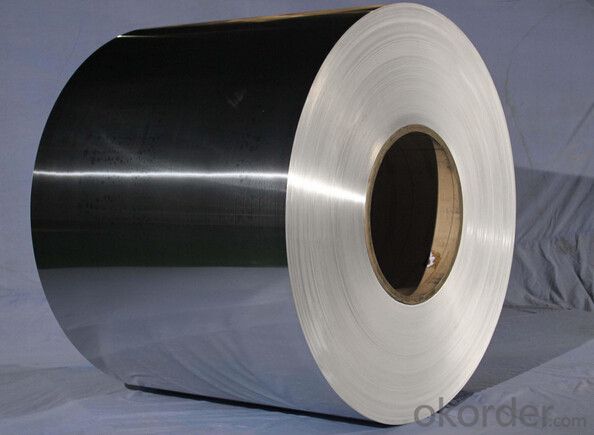
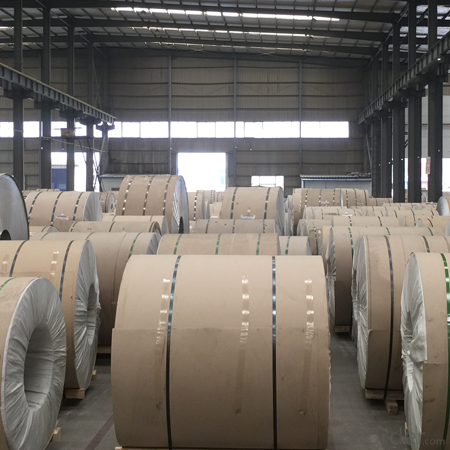
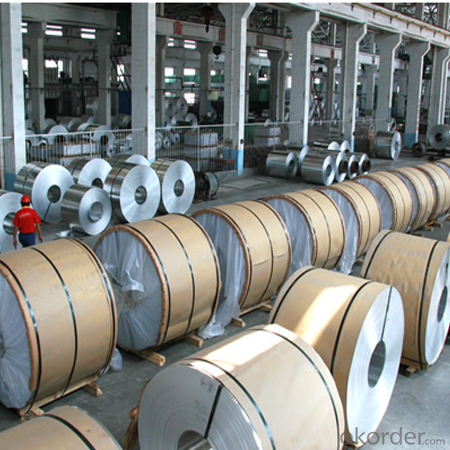
6. Package and shipping of AA3003 H12 Mill Finished Aluminum Coil Factory Direct Supply
eye to wall
eye to the wall
with wood pallet (wooded case also available)
7. FAQ
1) What is the delivery time?
Dpends on actual order, around 20 to 35 days
2)What is the QC system:
We have QC staff of 20 persons and advanced equipment, each production is with MTC traced from Aluminum ingot lot.
3) What market do you mainly sell to?
Australia, America, Asia, Middle East, Western Europe, Africa etc
- Q: What are the different edge treatments available for aluminum coils?
- Some of the different edge treatments available for aluminum coils include mill finish, edge trim, deburred edge, rounded edge, and hemmed edge.
- Q: Is anodized aluminum suitable for indefinite salt-water exposure or will it rust? Also note that it would be used for the hull of a boat (more like a platform), and if it is not suitable could you suggest another metal?
- Aluminum would be an ideal material stainless steel a better one, aluminum does not rust it deteriorates to electrolite when in contact with salt water and a magnetic or ferrus metal. Therefore as long as your boat is fitted with salt water anodes it should create no problems if not it will deteriorate rapidly in salt water. All powered salt water craft/vessels carry anodes ie there is an anode fitted to the aluminum drive leg of an outboard or Z drive if intended for salt water use, On larger ships the anodes are normally fixed to the rudder blade so equip your platform the same. Zink anodes are cheap and available at every salt water chandlers. You should also use non ferrus bolts and screws to screw your construction together with, or to fix it to the hull, or better make a set of jigs to suit shape size and then get it TIG welded never mix ferrus and non ferrus metals in the presence of salt water without a zink anode, the damage is rapid and attacks the structure of the non ferrus metal creating an electric field and destroying the weakest current catalyst ie the aluminum itself. The non ferrus metals that in general maritime use that are are not so much effected by salt water are phosphor bronze, brass,and copper.Non of these would be suitable for making your platform, therefore aluminum. If weight is not a problem though i would recommend a middle grade stainless steel such as se 80 or around that grade, And again it would be better to be TIG welded than bolted together, bolts are subject to movement (especially at sea) and therefore hole enlargement. As are safety standard pop rivets.
- Q: Can aluminum coils be used for electrical transformers?
- Yes, aluminum coils can be used for electrical transformers.
- Q: Where can I purchase used aluminum coil over the internet?
- <p>Yes, you can buy used aluminum coil online. There are various online platforms and marketplaces where you can find used aluminum coils for sale. Websites like eBay, Alibaba, and specialized metal trading platforms often list used aluminum coils. Additionally, you can check with local recycling centers or metal suppliers who may have used aluminum coils available. Always ensure to verify the condition, specifications, and authenticity of the product before making a purchase.</p>
- Q: What is the typical electrical resistivity of aluminum coils?
- The typical electrical resistivity of aluminum coils is approximately 2.65 x 10^-8 ohm-meters. Aluminum is known for its low resistivity, making it an excellent choice for electrical conductors. The low resistivity allows for efficient transfer of electric current through the coils, minimizing energy loss and heat generation. This property makes aluminum coils widely used in various electrical applications, such as transformers, motors, and generators.
- Q: How are aluminum coils protected during shipping?
- Aluminum coils are protected during shipping through various methods to ensure their safety and prevent any damage. One common method is the use of protective packaging materials such as bubble wrap, foam, or corrugated cardboard. These materials are used to wrap the coils and create a cushioning effect, absorbing any impact or vibration that may occur during transportation. In addition to protective packaging materials, aluminum coils are often placed in sturdy shipping containers or crates. These containers are designed to provide extra security and stability during transit, minimizing the risk of the coils being jostled or bumped. Moreover, in some cases, aluminum coils are secured with strapping or banding to keep them in place and prevent shifting or movement during transportation. This helps to maintain the integrity of the coils and minimize the risk of damage caused by rubbing against other objects. Furthermore, shipping companies may also use air-bag systems or dunnage bags to fill any empty spaces within the shipping container. This further reduces movement and provides an additional layer of protection for the coils. Overall, the protection of aluminum coils during shipping involves a combination of packaging materials, secure containers, and preventive measures to ensure their safe arrival at their destination.
- Q: Can aluminum coils be used in corrosive gas environments?
- Yes, aluminum coils can be used in corrosive gas environments. Aluminum is known for its excellent corrosion resistance, especially in atmospheric conditions. It forms a protective oxide layer on the surface that protects the metal from further corrosion. However, it is important to note that aluminum can be susceptible to certain corrosive gases, such as chloride and sulfur compounds. In such cases, additional protective measures, such as surface treatment or coating, may be necessary to ensure the longevity and performance of the aluminum coils in corrosive gas environments.
- Q: Can aluminum coils be painted for custom designs?
- It is indeed possible to paint aluminum coils to achieve personalized designs. The act of painting the coils opens up a world of limitless options for customization and aesthetic appeal. Various colors, patterns, and designs can be applied to the coils, catering to individual tastes and needs. To complete the painting process, the surface must first be cleaned, followed by the application of a primer and the desired paint or coating. Through this method, one can create distinctive and captivating custom designs suitable for a wide array of purposes, including architectural elements, signage, automotive components, and more. Moreover, the paint not only safeguards the aluminum from corrosion but also enhances its durability.
- Q: What are the precautions to be taken while handling aluminum coils?
- Some precautions to be taken while handling aluminum coils include wearing protective gloves to prevent cuts or injuries, using proper lifting techniques to avoid strain or back injuries, storing coils in a dry and well-ventilated area to prevent corrosion, using appropriate equipment and tools for handling and transportation, and following safety guidelines provided by the manufacturer. It is also important to be aware of the weight and balance of the coils to prevent accidents or damage.
- Q: What are the common safety precautions when working with aluminum coils?
- Some common safety precautions when working with aluminum coils include wearing personal protective equipment such as gloves, safety glasses, and appropriate clothing to protect against cuts and burns. It is important to handle the coils with care to prevent injury, as they can be heavy and have sharp edges. Additionally, workers should be cautious when operating machinery or tools around the coils to avoid accidents. Proper ventilation should be ensured in the work area to prevent the buildup of fumes or dust. Lastly, workers should be trained on proper lifting techniques and be aware of the potential hazards associated with working with aluminum coils.
Send your message to us
Berger Aluminum Coil AA3003 H12 Mill Finished Aluminum Coil Factory Direct Supply
- Loading Port:
- Shanghai
- Payment Terms:
- TT OR LC
- Min Order Qty:
- 5 m.t.
- Supply Capability:
- 10000 m.t./month
OKorder Service Pledge
OKorder Financial Service
Similar products
Hot products
Hot Searches
Related keywords
